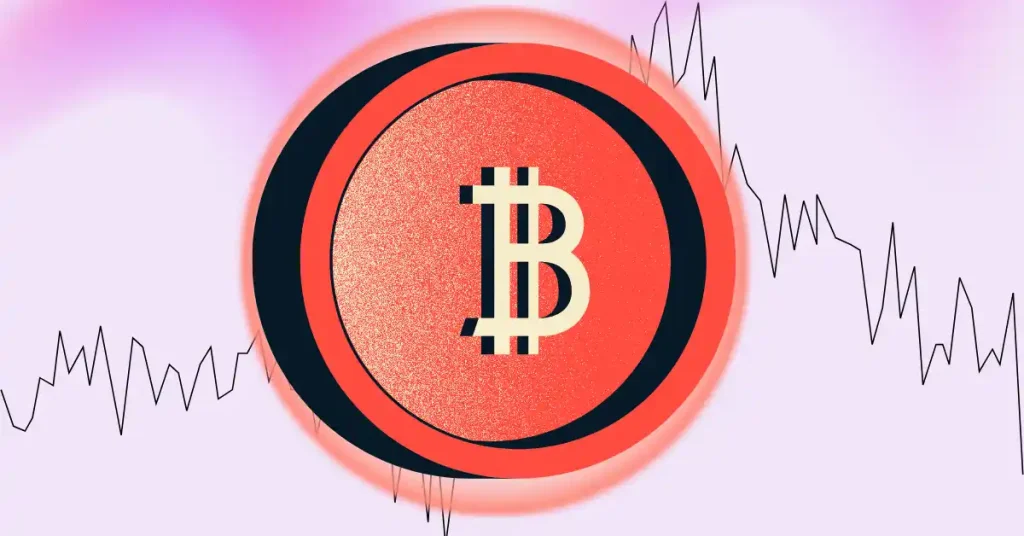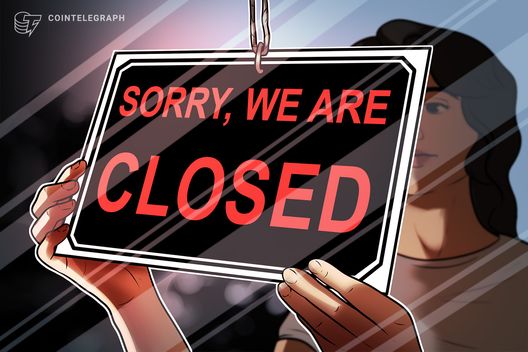In a strategic move to challenge the global dominance of the US dollar, Belarusian President Aleksandr Lukashenko has identified cryptocurrencies as a viable alternative. Addressing the potential of digital currencies at a government meeting focused on the Belarus Nuclear Power Plant’s performance and heightened electricity demands, Lukashenko linked the country’s energy surplus with the prospects of crypto mining.
Is De-dollarization on the Horizon?
President Lukashenko emphasized that de-dollarization has become a global pursuit, considering it a “global problem.” He proposed that the answer to this issue could lie in cryptocurrency mining. Despite acknowledging the inherent risks involved in crypto ventures, he underscored the necessity of risk-taking for substantial returns.
Belarus’s strategic alliance with Russia, coupled with its plans to reduce US dollar usage in trade, supports the push towards incorporating crypto into its national economic agenda. Initiatives like the BRICS payment mechanisms are being scrutinized as Belarus seeks to lessen its reliance on the dollar.
Progress and Pressure in Crypto Regulations?
Lukashenko’s interest in cryptocurrencies is not new. Earlier this year, he pushed for overdue crypto regulations, underscoring the need for precise legal frameworks. He expressed disappointment over the regulators’ sluggish action, warning of possible setbacks in capturing global crypto adoption without appropriate regulations.
The president’s call to arms extends to advancing legal structures as technology rapidly evolves. He has tasked Hi-Tech Park authorities to establish clear legislation, envisioning Belarus as a digital safe haven.
Lukashenko’s focus on cryptocurrencies isn’t fortuitous. In previous discussions, he highlighted the potential use of Belarus’s surplus electricity for crypto mining, viewing digital currencies as a tool for geopolitical leverage.
“Without robust legal frameworks,” he noted, “our progress could stall.”
What Does Decree No. 8 Mean for Belarus?
Back in 2017, Belarus pioneered the establishment of digital asset legislation through Decree No. 8. This decree laid out the legal groundwork for token issuance and exchange, attracting various blockchain projects from across the globe due to its tax incentives.
Currently, Belarus could potentially align with nations like Bhutan and El Salvador, who have embraced Bitcoin mining as a strategy to bolster their economies. However, the implementation hinges on regulatory approvals.
The current trajectory of Belarus toward cryptocurrency reflects an intricate blend of economic and political maneuvers. Attempting to detach from the dollar’s grip, the country aims to channel its untapped energy resources through digital means, thereby embedding itself more robustly in the world financial systems. It is imperative, however, to devise a transparent regulatory regime, inviting international partners and facilitating smooth crypto operations. Lukashenko’s directive appears crucial in hastening this evolution.
Disclaimer: The information contained in this article does not constitute investment advice. Investors should be aware that cryptocurrencies carry high volatility and therefore risk, and should conduct their own research.

















 English (US)
English (US)